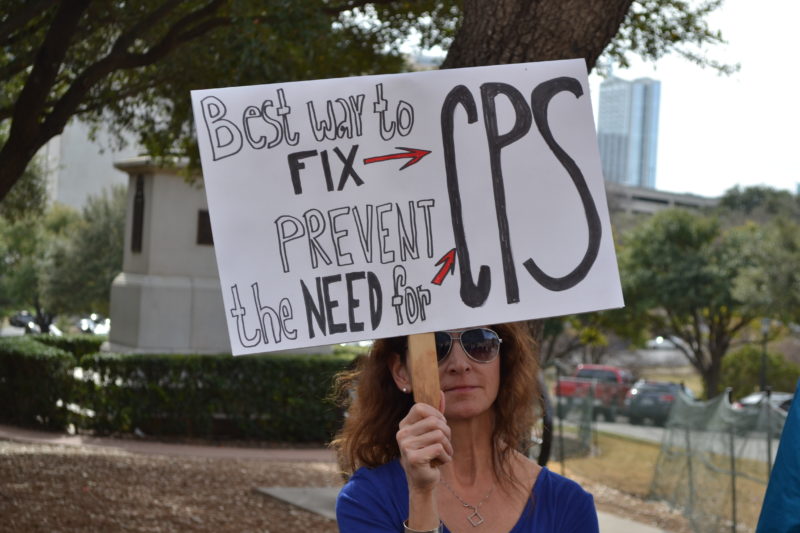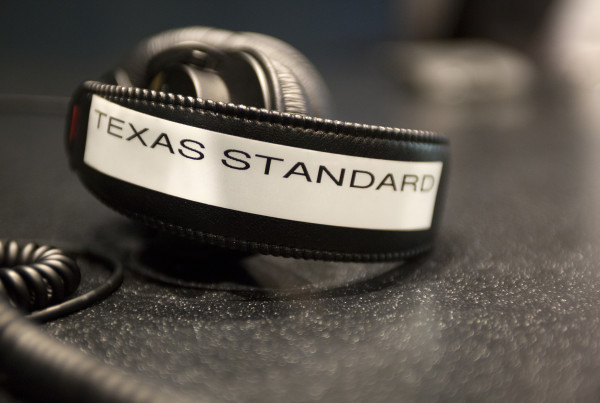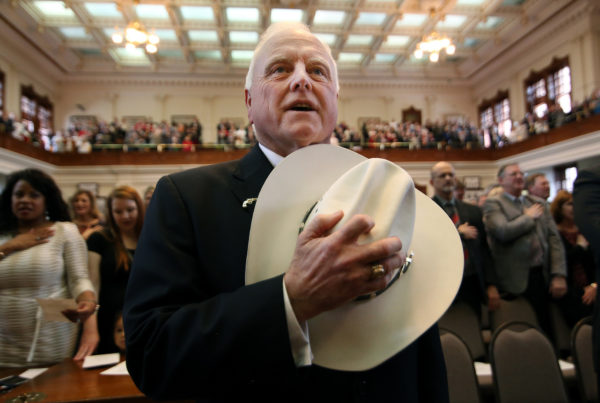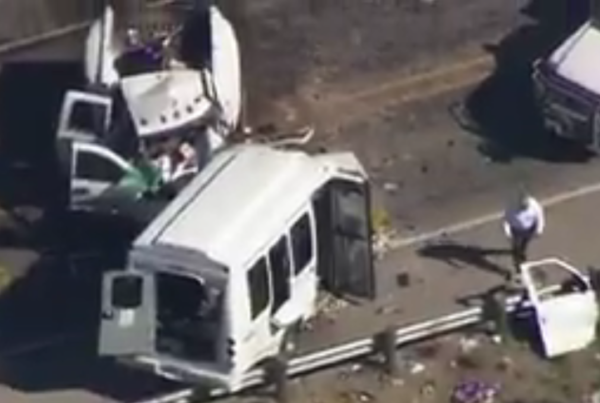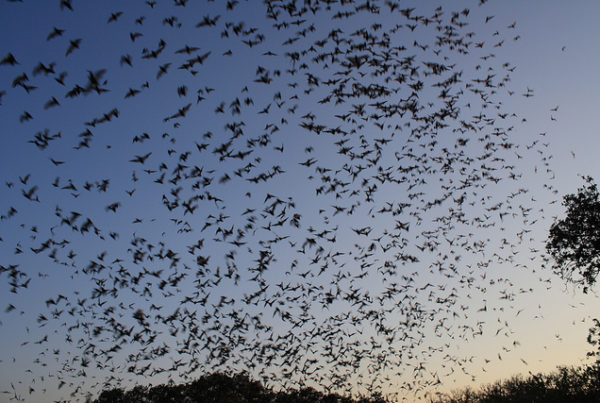This story is part of a series examining Texas foster care. It looks at who’s involved and affected by what has been deemed a “broken” system.
At the end of 2016, Texas lawmakers agreed that caseworkers at the state’s Child Protective Services agency needed a raise ASAP. It wasn’t a perfect rollout, but a lot of employees wound up with $12,000 more dollars per year.
Earlier this week the Texas Senate approved a budget that increases funding for the state’s child welfare agency and members of the House have tentatively set aside funds for CPS to hire more caseworkers (read more about it here.)
These emergency pay increases are one step toward fixing the state’s struggling foster care system that a judge ruled unconstitutional in December 2015. The fact that caseworkers were overloaded and leaving the agency in droves – to the tune of about 25 percent of caseworkers a year – was a big reason for that decision.
To understand what it’s actually like to be a caseworker in the Texas Foster Care system, the Texas Standard’s Becky Fogel spoke with three caseworkers – two former CPS employees – and a current one. What she heard from all of them was that they really loved their jobs, but the work is tough.
Dimple Patel, TexProtects – Texas Association for the Protection of Children
I was 22 years old when I went to work at CPS. It was my first job out of college. I started in 2005, in Dallas County. I was an investigator and I did that for nine years. For the first six years I was an investigator and then the last three I was a supervisor.


